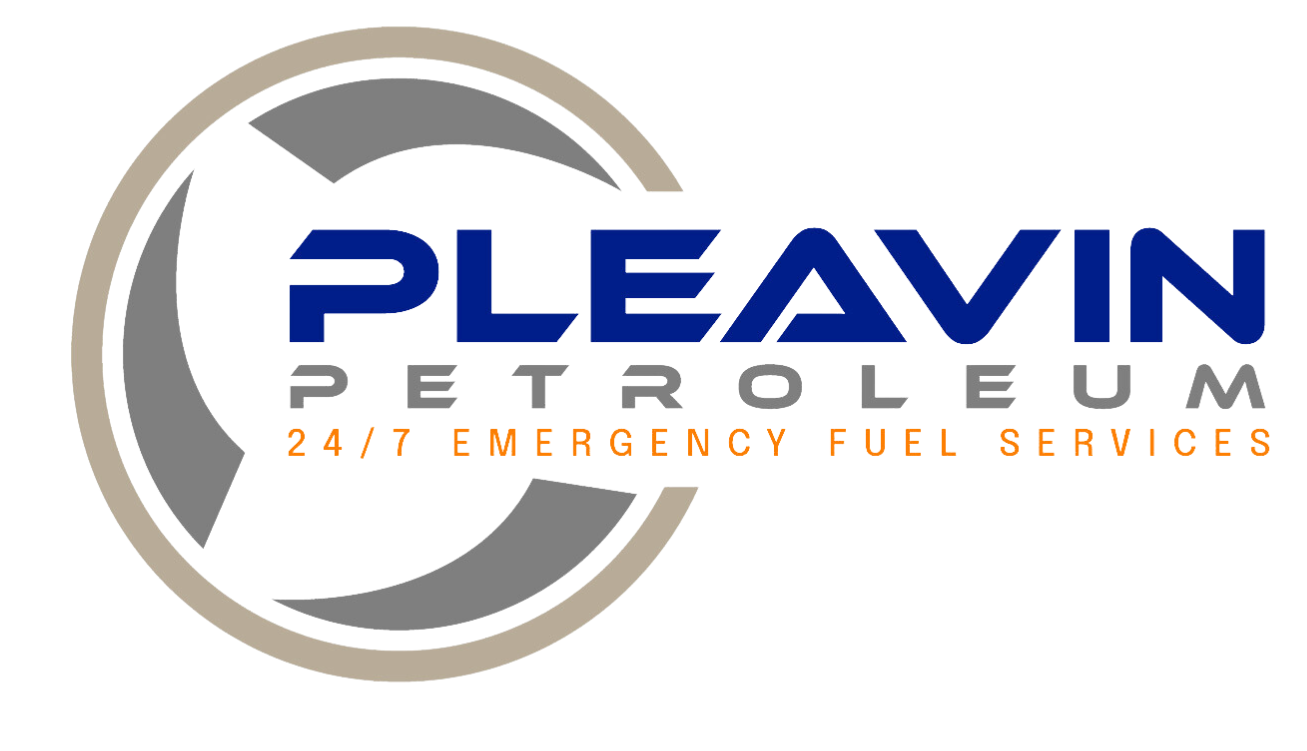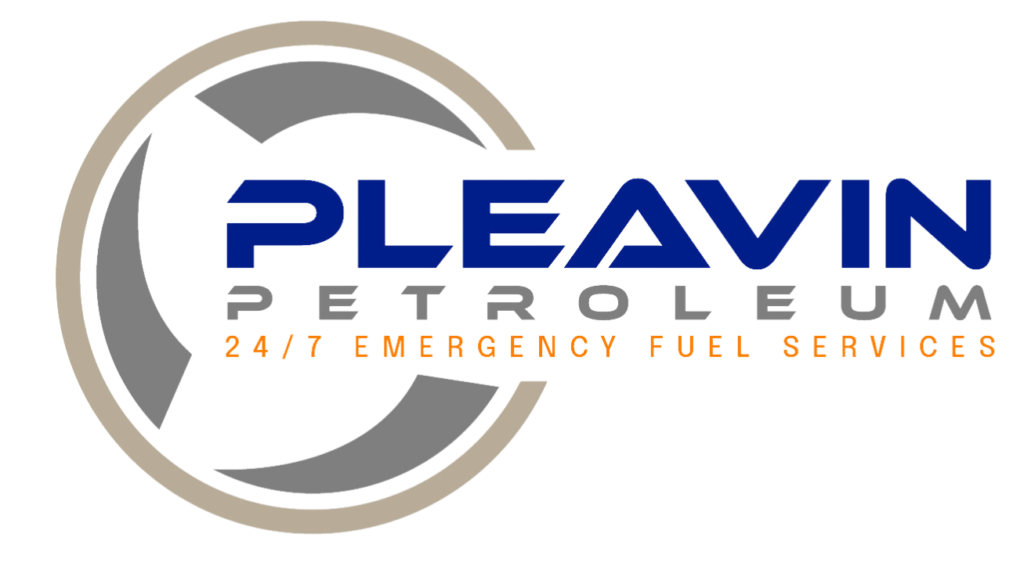GDPR Compliance Guide for Pleavin Petroleum
Awareness
- Ensure that decision-makers and key people in your organization are aware of the GDPR and its implications.
Designate a Data Protection Officer (DPO)
- Depending on the scale of your operations and data processing activities, appoint a DPO to oversee compliance.
Identify Personal Data
- Understand what personal data you are holding: why you’re holding it, how long you’ve held it for, and with whom you’re sharing it.
- Keep in mind data that relates to customers, suppliers, employees, and other stakeholders.
Privacy Notices and Transparency
- Update your privacy notice to ensure it’s GDPR compliant. It should be clear, easily accessible, and include:
- Purpose for processing personal data.
- Data retention periods.
- Explanation about individuals’ rights under GDPR.
- Contact details for data-related queries.
- Update your privacy notice to ensure it’s GDPR compliant. It should be clear, easily accessible, and include:
Individuals’ Rights
- Ensure processes are in place to address:
- Right to be informed.
- Right of access.
- Right to rectification.
- Right to erasure.
- Right to restrict processing.
- Right to data portability.
- Right to object.
- Rights related to automated decision-making and profiling.
- Ensure processes are in place to address:
Consent
- Review how you’re seeking, obtaining, and recording consent.
- Make it easy for individuals to withdraw consent.
Data Breaches
- Implement robust breach detection, investigation, and reporting procedures.
- Be aware that you only have 72 hours to report a breach to a supervisory authority once aware.
Data Protection Impact Assessment (DPIA)
- Familiarize yourself with DPIA guidelines and conduct one if necessary, especially if you’re introducing new technologies or the processing is likely high risk.
Data Minimization and Purpose Limitation
- Only collect data that’s necessary for a specific purpose.
- Ensure that data is only kept for as long as necessary for its purpose.
International
- If you operate in multiple EU countries, determine your lead data protection supervisory authority.
Training and Culture
- Ensure employees are trained and aware of GDPR and its implications on their daily work.
- Establish a data protection culture within the organization.
Review and Monitor
- Regularly review and refresh your compliance processes to ensure they remain up to date.
Cookie Policy
- If your website uses cookies (especially for tracking or advertising purposes), you must obtain clear, affirmative consent from users before placing these cookies.
- Provide clear information about what the cookies are used for and how users can opt out.
Third-party Vendors
- Ensure that any third-party vendors or service providers that process data on your behalf are also GDPR compliant.
It’s crucial to keep detailed records of all data processing activities and compliance measures to demonstrate your commitment to GDPR. Lastly, remember that GDPR compliance is an ongoing process, not a one-time project. Regularly review and adjust your practices as needed.

